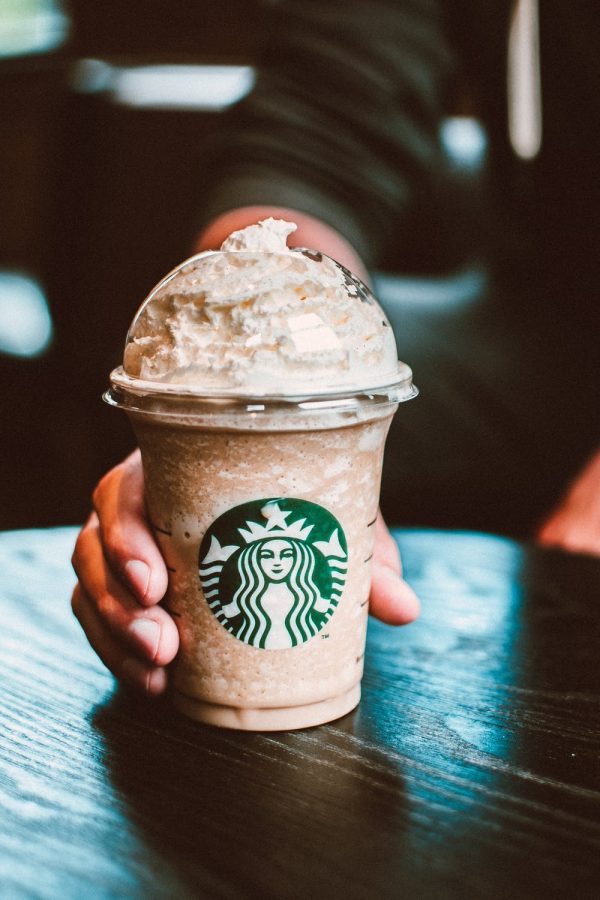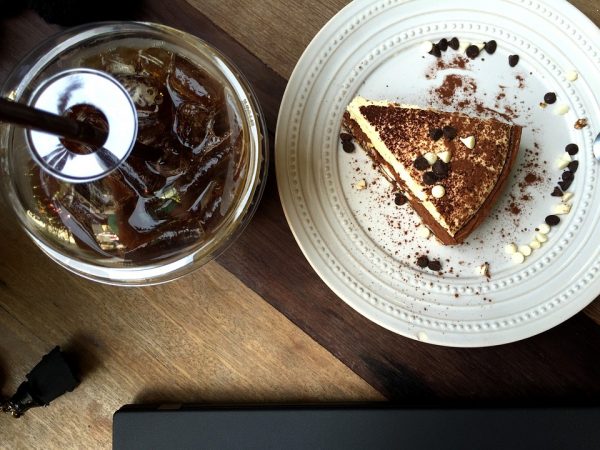
Culture Editor Emily Breeds questions why we always jump to chain coffee shops, and whether this is a wise choice
Every day in the UK, 95 million cups of coffee are consumed, either at home or in one of 24,000 coffee shops. Most of these are chains; Costa dominates with 2,389 shops. Yet around 6,500 shops are independent, which is a high number considering competition from larger chains. Of course, advertising plays a part with which stores we are inclined to visit. But simply in terms of products, which is better, and why are branded coffees more popular?
Every day in the UK, 95 million cups of coffee are consumed
I have always found that indie coffee, whilst palatable, is stronger and more bitter than chain coffee shops. However, this is most likely due to the roasting in comparison to chain shops. Traditionally, coffee is supposed to be bitter from ‘dark roasting’, but light and medium roasts are popular as they are more appetising. Starbucks use a medium roast in their House Blend, and have recently introduced a ‘Blonde Roast’ which is an even lighter roast. So it is no wonder their coffee is so widely consumed and enjoyed; the blend is just strong enough for a classic coffee taste, whilst also being mild enough for people to consume it with ease.

Indie coffee can also be rather hit and miss with its bitterness, whereas with chains you consistently know what you’re getting. Confined by my own laziness to try new things, I will naturally drift towards Starbucks. When on the go, it’s easier to quickly grab my beloved caramel macchiato than risk spending money on something that I won’t enjoy as much.
Yet because chain coffee shops are made to cater to a mass market, they run the risk of their food products and service being less good quality than independent stores. In an indie shop, the cake you’ll eat with your coffee will definitely be homemade. When I worked in a tiny coffee shop, the food was all homemade and locally sourced, as well as being unique and innovative. Naturally, they were delicious. Furthermore, the atmosphere in indie coffee shops is more homely than chains. Although the customer service from chains is amazing, albeit fast and efficient, the vibe from indie coffee shops is much more relaxed and friendly. The locality of the ingredients adds to how environmentally friendly they were.
The food was all homemade and locally sourced, as well as being unique
and innovative
Most chains sell pre-packaged food and serve coffee in disposable cups, which can’t be doing anything good for the planet. You only need to take a quick glance at the line in Muirhead Starbucks to imagine how many cups and panini packets are being thrown away each day. Ethical questions are also raised with larger chains. Although most claim to source their beans ethically, this does not mean they are exempt from other ethical issues. In terms of tax avoidance, Starbucks, Caffè Nero and Costa all had the worst rating according to Ethical Consumer.

I believe ‘hidden’ chains such as Cafe #1 and Boston Tea Party are a good middle ground. Indeed, both had the best rating on Ethical Consumer, along with Soho Coffee. With these shops, the relaxed and homely atmosphere is similar to a genuine indie shop, and the products are more unique than bigger chains. Even the coffee in these shops tastes a little stronger; nearly every component leans towards the vibes of an indie coffee shop. Yet similarly to their larger counterparts, you can consistently rely on what you’re getting, and you can find one nearly everywhere you go.
Comments